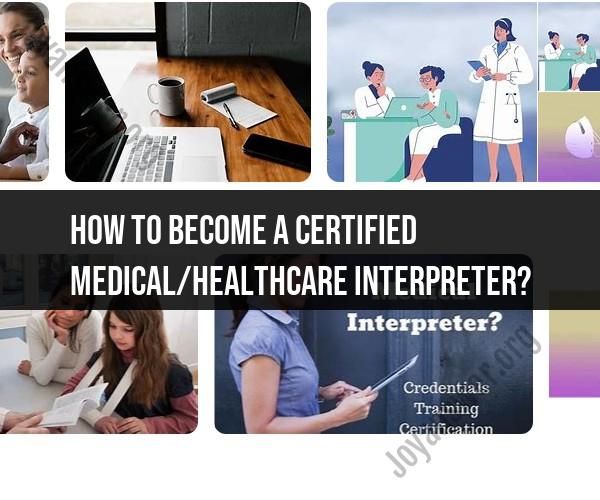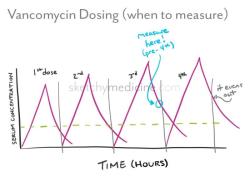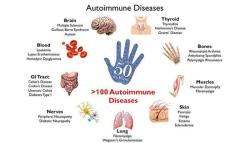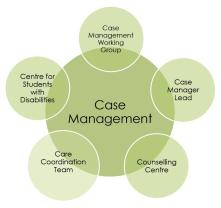How to become a certified medical/healthcare interpreter?
Becoming a certified medical or healthcare interpreter involves a structured process to ensure that individuals are adequately trained and qualified to provide language interpretation services in medical settings. Certification typically requires a combination of education, training, and successful completion of certification exams. Here are the general steps to become a certified medical or healthcare interpreter:
Language Proficiency:
- Ensure that you are fluent in both English and the target language(s) for which you want to become a medical or healthcare interpreter. Language proficiency is a foundational requirement.
Education and Training:
- Enroll in a recognized medical or healthcare interpreter training program that meets the standards set by reputable certifying organizations. These programs are typically offered by colleges, universities, or training centers and provide comprehensive training in medical terminology, ethics, cultural competency, and interpreting skills.
- Choose a training program that aligns with your language combination and meets the requirements of the certifying organization you plan to pursue.
Select a Certifying Organization:
- Decide which certifying organization's certification exam you want to pursue. Two widely recognized organizations in the United States are the Certification Commission for Healthcare Interpreters (CCHI) and the National Board of Certification for Medical Interpreters (NBCMI). Research the specific requirements and eligibility criteria of your chosen organization.
Meet Eligibility Requirements:
- Ensure that you meet the eligibility requirements established by the certifying organization. These requirements may include completing a specified number of training hours and obtaining a minimum score on a language proficiency test.
Register for the Certification Exam:
- Once you meet the eligibility requirements, register for the certification exam offered by your chosen organization. Prepare thoroughly for the exam by reviewing the materials covered in your training program and studying relevant medical terminology.
Take and Pass the Exam:
- Attend the scheduled exam and complete both the written and oral components, which typically assess language proficiency, medical knowledge, and interpreting skills.
- Successfully pass the certification exam.
Apply for Certification:
- After passing the exam, submit an application for certification to the certifying organization. Provide any required documentation, such as proof of education, training, and exam scores.
Maintain Certification:
- Certified medical or healthcare interpreters are required to maintain their certification through ongoing professional development and continuing education. Fulfill the requirements specified by your certifying organization to keep your certification active.
Start Your Career:
- With your certification in hand, you can start pursuing career opportunities as a medical or healthcare interpreter. Seek employment in healthcare facilities, hospitals, clinics, or contract interpreter agencies.
Stay Informed and Improve Skills:
- Stay updated on medical advancements, industry best practices, and cultural competence. Continuously work on improving your interpreting skills and expanding your medical knowledge.
It's important to note that certification requirements may vary by certifying organization and by region or country. Be sure to research the specific requirements of the organization you plan to certify with and follow their guidelines closely. Certification demonstrates your commitment to professionalism, ethical standards, and high-quality interpretation services in healthcare settings.
Becoming a Certified Medical/Healthcare Interpreter: Your Career Path
Certified medical/healthcare interpreters (CMIs) are essential to the healthcare system, providing language access services to patients and providers. If you are interested in a career as a CMI, there are a few steps you need to take.
Steps to Becoming a CMI
- Meet the eligibility requirements. Most certification organizations require CMIs to be at least 18 years old, have a high school diploma or equivalent, and complete a 40-hour medical interpreter training program.
- Choose a certification organization. The two most widely recognized certification organizations for medical interpreters in the United States are the National Board of Certification for Medical Interpreters (NBCMI) and the Certification Commission for Healthcare Interpreters (CCHI).
- Apply to take the certification exams. Once you have met the eligibility requirements, you can apply to take the certification exams. The application process for each certification organization varies slightly.
- Prepare for the certification exams. The certification exams are challenging, so it is important to prepare thoroughly. There are a number of resources available to help you prepare for the exams, such as study guides, practice exams, and online courses.
- Take and pass the certification exams. To become certified, you must pass both the written and oral certification exams. If you pass the exams, you will be awarded a certificate of certification.
Career Path for CMIs
Once you are certified, you can begin your career as a CMI. There are a number of different settings where CMIs can work, including hospitals, clinics, private practices, and government agencies. CMIs can also work as freelancers.
The salary for CMIs varies depending on experience, location, and setting. However, CMIs typically earn a good wage. According to the Bureau of Labor Statistics, the median annual wage for medical interpreters in 2021 was $55,040.
The Journey to Certification: Steps to Become a Medical Interpreter
The journey to becoming a certified medical interpreter can be challenging, but it is also very rewarding. By following the steps outlined above, you can set yourself on the path to a successful career in this important field.
Here are some additional tips for becoming a certified medical interpreter:
- Find a mentor. A mentor can provide you with guidance and support as you navigate the certification process and begin your career as a CMI.
- Network with other CMIs. Networking with other CMIs is a great way to learn about the field, find job opportunities, and build a support system.
- Continue your education. The healthcare field is constantly evolving, so it is important to continue your education and stay up-to-date on the latest trends and developments.
Advancing Healthcare Communication: The Role of Certified Interpreters
CMIs play a vital role in advancing healthcare communication. By providing language access services, CMIs help to ensure that all patients have access to quality healthcare, regardless of their language.
CMIs also play an important role in breaking down cultural barriers and promoting cultural competency in the healthcare system. By helping patients and providers to understand each other's cultural backgrounds, CMIs can help to improve the quality of care that patients receive.
If you are passionate about language and healthcare, a career as a certified medical interpreter may be right for you. By following the steps outlined above, you can start your journey to becoming a CMI and making a difference in the lives of patients and providers.













